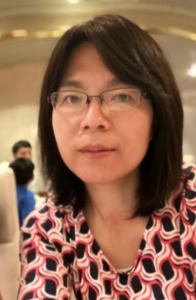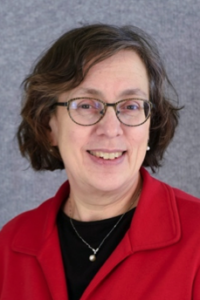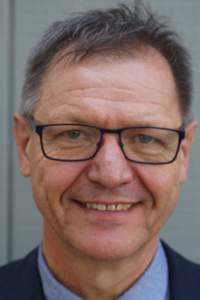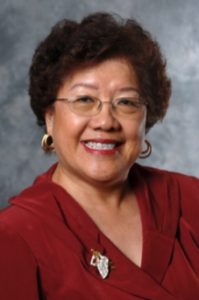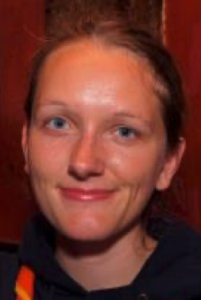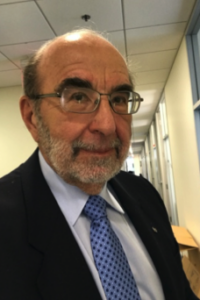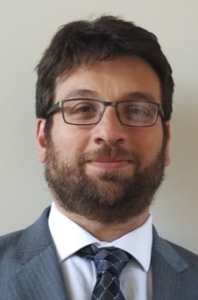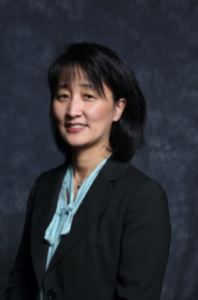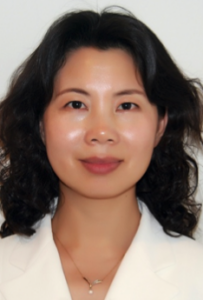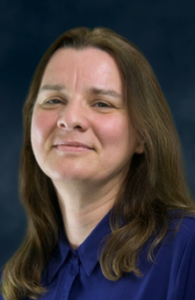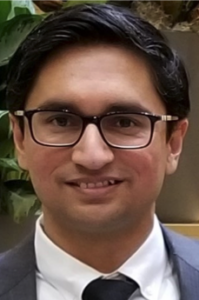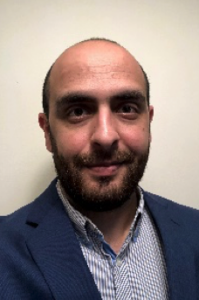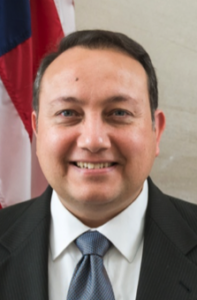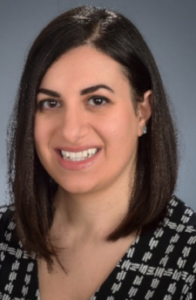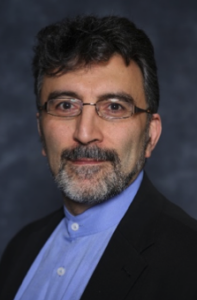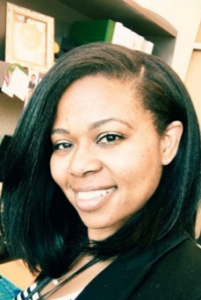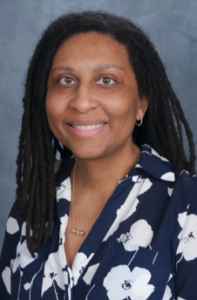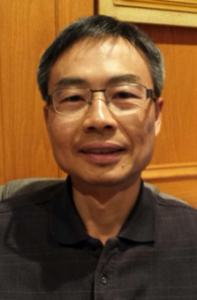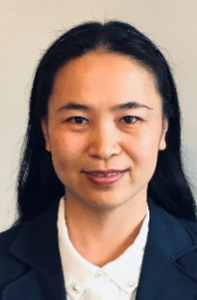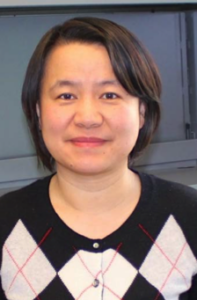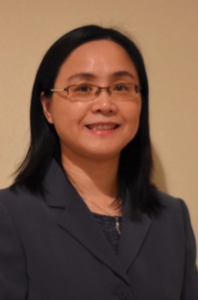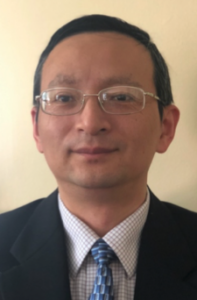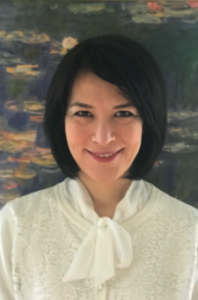FDA’s Office of Generic Drugs consistently utilizes mechanistic modeling and simulation to support regulatory decision making and has directly supported the development of modeling platforms through Generic Drug User Fee Amendments (GDUFA) regulatory research funding. These mechanistic modeling approaches include physiologically based pharmacokinetic (PBPK) modeling and computational fluid dynamics (CFD) modeling. FDA staff use these tools in regulatory activities, including the assessment of abbreviated new drug applications (ANDA), pre-ANDA development meetings, citizen petition responses, controlled correspondences and product-specific guidances (PSGs), to address issues related to product bioequivalence (BE). This workshop is intended to provide the generic drug industry and other involved stakeholders with information about how mechanistic modeling and simulation can support product development and regulatory submissions.
FDA has driven advancements in modeling platforms for generic drugs that use complex routes of administration, such as topical/dermal, ophthalmic, and orally and nasally inhaled products. Mechanistic modeling is a tool that can be used to help increase access to complex generics because it provides an acceptable alternative method for establishing BE that does not include the need for lengthy comparative clinical endpoint BE studies in patients. Mechanistic modeling can play a critical role in supporting alternative BE approaches in non-complex oral generic drug products as well.
The purpose of this workshop is to engage the generic drug industry and other involved stakeholders regarding how mechanistic modeling and simulation can support their product development and regulatory submissions, share the current state of mechanistic modeling for BE assessment through case studies, establish a consensus on best practices for using PBPK and CFD modeling for BE assessment to help drive further investment by the generic drug industry into mechanistic modeling and simulation, and roll out the concept of a Model Master File to improve model-sharing between model developers, industry, and FDA.
FDA and the Center for Research on Complex Generics (CRCG)—which is a collaboration between the University of Maryland School of Pharmacy and the University of Michigan College of Pharmacy—are dedicated to advancing programs that stimulate scientific dialogue, disseminate current insights about complex generics, and generate new knowledge in support of FDA’s mission to promote and protect the public health by increasing access to safe and effective generic medicines.
Workshop Topics
- Mechanistic modeling of orally inhaled generic drug products
- Mechanistic modeling of dermal generic drug products
- Mechanistic modeling of other locally-acting generic drug products
- Oral PBPK as alternative BE approach
- Oral PBPK for evaluating the impact of food on BE
- Challenges and successful cases for oral PBPK
- Model acceptance and model sharing for regulatory use
Audience
Generic drug industry and other involved stakeholders, including the Contract Research Organizations that support generic drug applications, academia, international regulatory agencies, and the new drug industry.

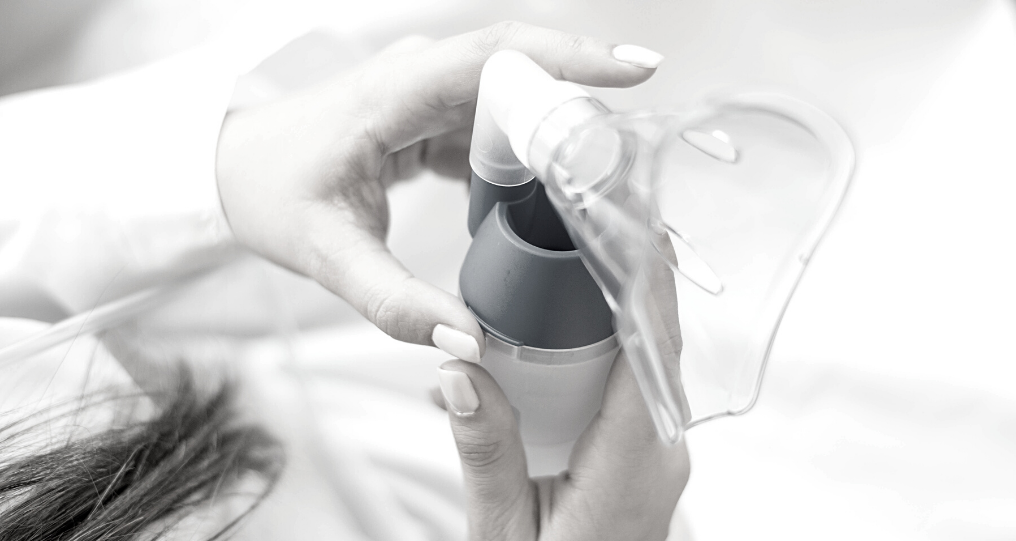

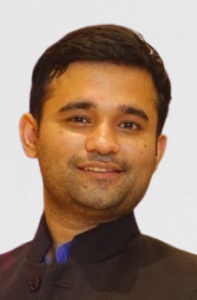



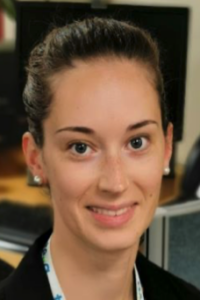

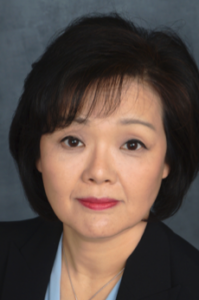

 Research Scientist, DAM, OSEL, CDRH, FDA
Research Scientist, DAM, OSEL, CDRH, FDA
